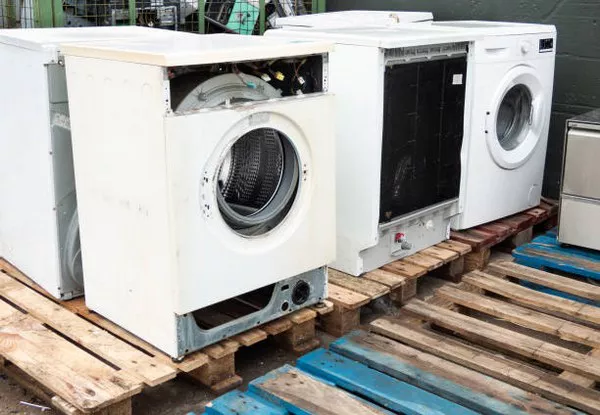In times of power outages or emergencies, having a reliable generator can be a lifesaver, ensuring that essential appliances such as refrigerators and freezers remain operational. However, determining the appropriate generator size for these appliances is crucial to avoid damage and ensure efficient operation. In this article, we will explore the factors that influence the choice of generator size and provide guidelines to help you make an informed decision.
Understanding Power Requirements:
Refrigerators and freezers are essential household appliances that require a stable power supply to maintain proper temperature levels for food storage. The power consumption of these appliances is typically measured in watts or kilowatts. Before selecting a generator, it’s crucial to understand the power requirements of your specific refrigerator and freezer models.
Wattage and Starting Surge:
Refrigerators and freezers have two power-related specifications that are important to consider: running wattage and starting (or surge) wattage. Running wattage refers to the continuous power consumption when the appliance is operating, while starting wattage is the additional power required to start the compressor and other components.
To determine the generator size needed, add the running wattage and starting wattage of both the refrigerator and freezer. It’s essential to consult the user manuals or labels on the appliances for accurate information, as these values can vary between models and brands.
Sizing the Generator:
Once you have the running and starting wattage for your refrigerator and freezer, choose a generator with a capacity that exceeds the combined wattage. Generators are commonly available in various sizes, ranging from small portable units to larger standby generators. As a general rule, it’s advisable to select a generator with a capacity at least 20% higher than the total combined wattage of your appliances to accommodate any unexpected power surges or fluctuations.
Consideration of Appliance Types:
Refrigerators and freezers come in various sizes and designs, and their power requirements can vary accordingly. Different types of compressors and cooling systems impact the starting wattage and overall power consumption. Let’s delve into the common types of refrigerators and freezers and their power considerations.
Top-Freezer Refrigerators:
These traditional refrigerator models usually have lower power requirements compared to side-by-side or French door models. The running wattage for a top-freezer refrigerator typically ranges from 100 to 800 watts, with starting wattage reaching up to 2,200 watts. When selecting a generator for a top-freezer refrigerator, it’s important to account for the starting wattage to ensure smooth operation.
Side-by-Side and French Door Refrigerators:
These larger and more feature-rich refrigerators often have higher power requirements. Running wattage can range from 1000 to 1500 watts, while starting wattage may exceed 3,000 watts. Due to their increased power demands, it’s crucial to choose a generator with sufficient capacity to handle both the running and starting wattage of these appliances.
Chest Freezers and Upright Freezers:
Freezers, whether chest or upright, also have varying power requirements. Chest freezers generally have lower wattage needs, with running wattage ranging from 100 to 400 watts and starting wattage reaching up to 1,000 watts. Upright freezers may have higher power demands, with running wattage falling within the range of 300 to 800 watts and starting wattage potentially exceeding 2,000 watts. When selecting a generator, consider the specific requirements of your freezer type.
Practical Considerations:
In addition to the technical specifications, practical considerations play a significant role in choosing the right generator size for your refrigerator and freezer.
Additional Appliances:
While determining the generator size for your refrigerator and freezer is crucial, it’s important to consider other essential appliances you may want to power during an outage. Items such as lights, medical equipment, or heating systems will contribute to the overall power demand. Calculate the total wattage of all appliances you plan to connect to the generator to ensure it can handle the load effectively.
Fuel Type and Runtime:
Generators are powered by various fuel sources, including gasoline, propane, and diesel. Consider the availability of fuel in your area and choose a generator that aligns with your preferences and logistical considerations. Additionally, evaluate the generator’s runtime on a full tank of fuel to ensure it meets your needs during extended power outages.
See Also What Is A Generator Used For
Conclusion:
Selecting the right generator size for your refrigerator and freezer is a critical decision that requires careful consideration of technical specifications,appliance types, and practical needs. By understanding the power requirements of your specific appliances and factoring in additional considerations, you can ensure that your generator provides reliable power during emergencies, keeping your perishables safe and your household running smoothly. Take the time to research and consult with professionals if needed, and invest in a generator that meets the unique requirements of your home.

